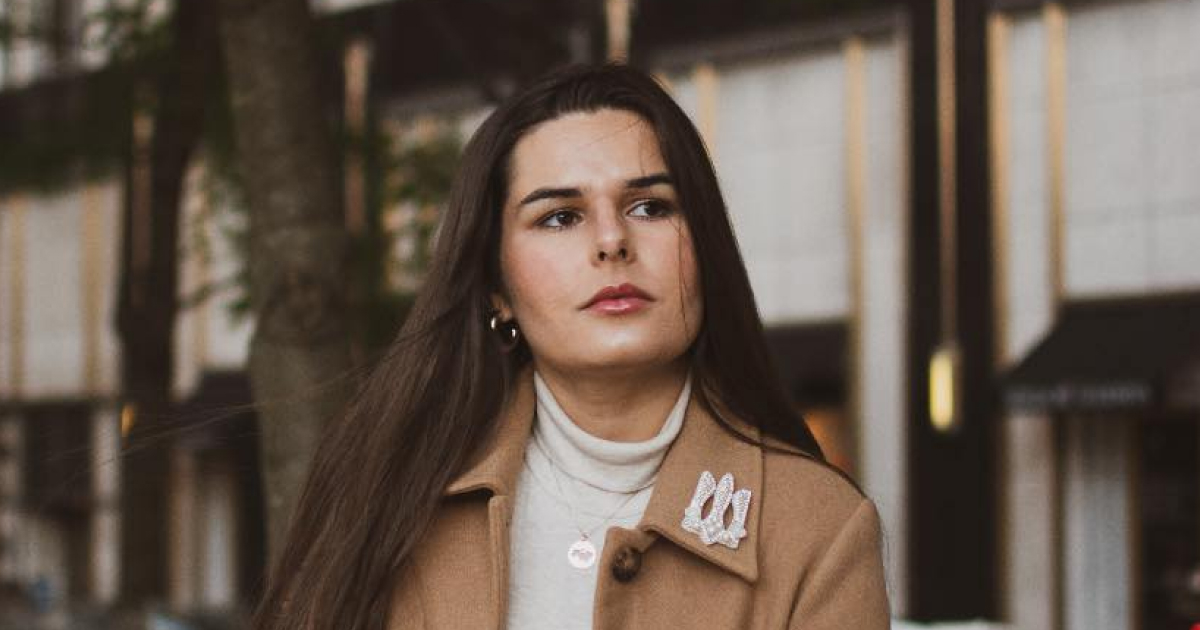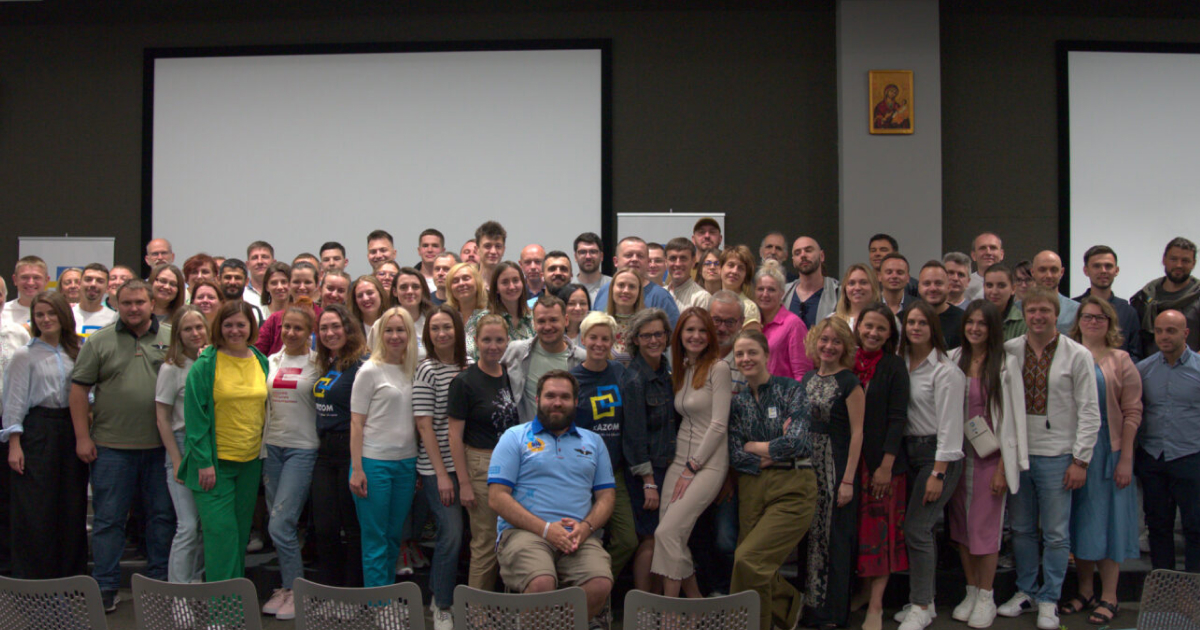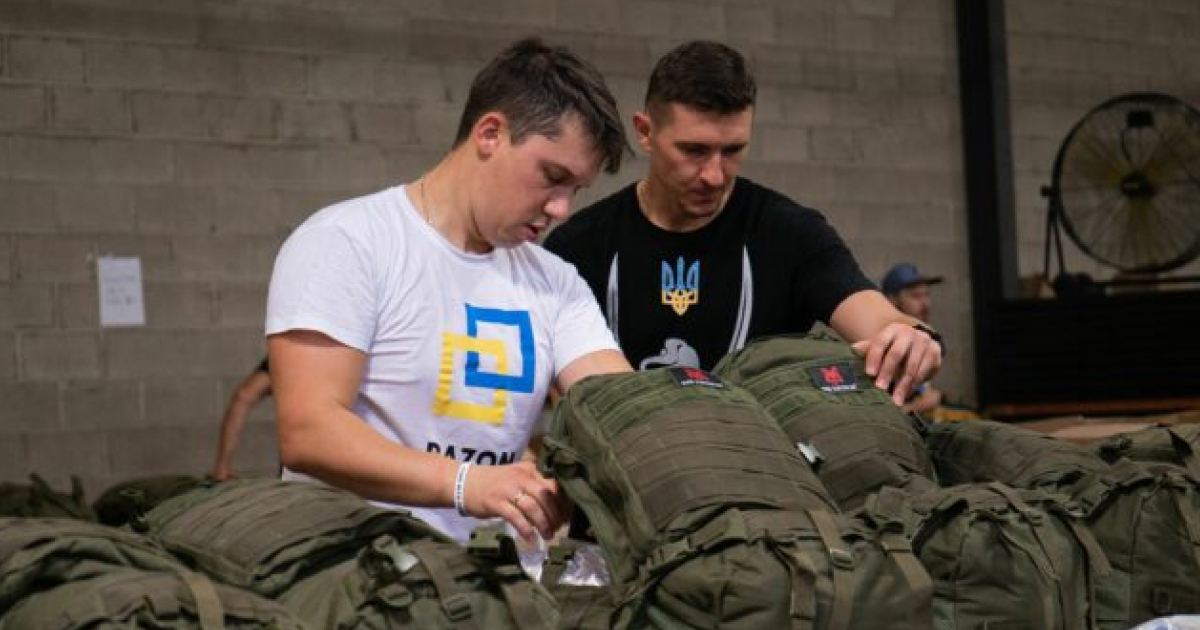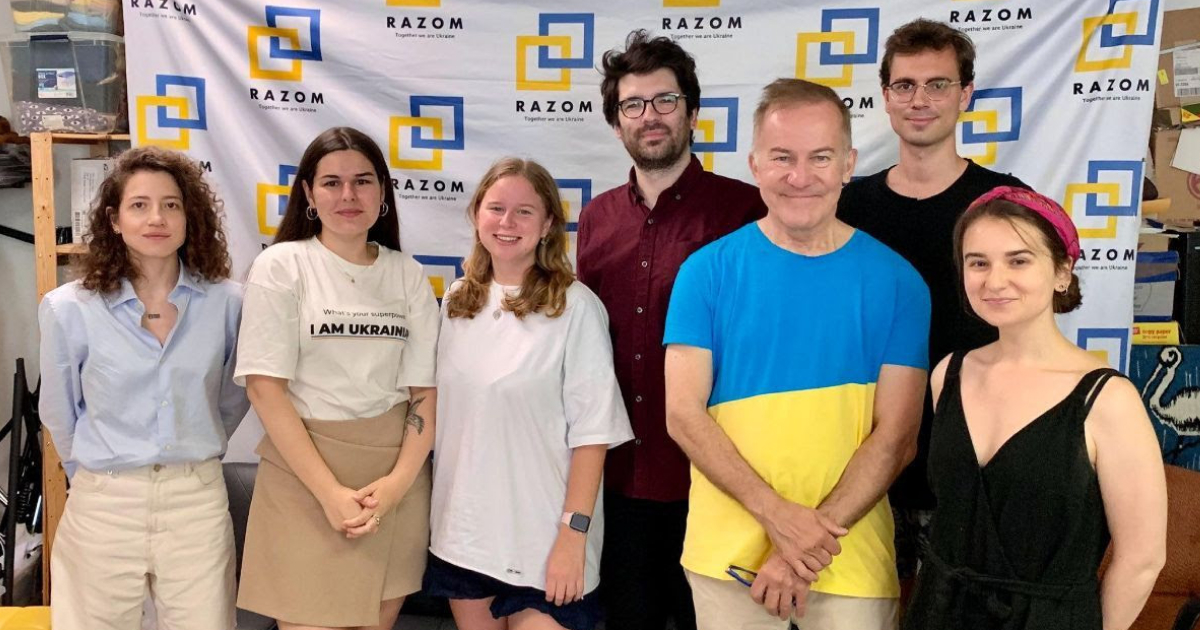Razom for Ukraine: how are the volunteers in the US helping Ukraine?

"Razom for Ukraine" is a non-profit organization founded by Ukrainians in New York in order to support Ukraine. The organization was created during the Revolution of Dignity in 2014, and with the beginning of the full-scale invasion, they launched large-scale projects in support of Ukrainians.
"Svidomi" spoke with Maryna Prykhodko, a member of the organization's board of directors, about the challenges faced by the team and about their work during the full-scale war.
— Tell us about your organization. What are your goals?
— In 2014, the main goal was to take part in the Revolution of Dignity and help people who hoped for a better future for Ukraine. It then turned into various projects and an active participation in civil society; thus we reached the main goal — we broadened the potential of Ukraine and Ukrainians and helped improve democracy in the country. Everything changed on February 24. We had to respond to new challenges, so we started the project "Razom Emergency Response". Our field of work included delivering various equipment, first-aid kits, communication items for civilians, doctors, defenders, hospitals, police, and State Emergency Service.
— How does coordination take place in the organization?
— We are working virtually. Since February 24, we have been meeting with the team several times a day via Google Meet. There were days when I did not leave the virtual room in order to get quick answers. Now our work is divided between several teams with their own structures. We also have large meetings with volunteers once a month to coordinate the work process.
— How many people are there in your team now?
— There are nine people in the board of directors — each is responsible for a certain team. I can't even name them all, but there is, for example, an advocacy team, a fundraising team, a communications team, a grant team, a logistics team, a procurement team. About 20 coordinators working at warehouses in the US and Ukraine manage the work of drivers. About two thousand volunteers from all over the world are working on a permanent basis.

— How did you assemble the team and who are these volunteers?
— In the first months, the team consisted of people who already had experience working with the organization. Razom has been around since 2014, and over eight years, many people from the team have come and gone. And on February 24, everyone felt necessary to come back and help as much as possible. Razom is a kind of connection with Ukraine.
Our volunteers are completely different people of different ages and life experiences, of various nationalities and ethnicities. But everyone is united by the love for Ukraine.
— What difficulties arose with the start of the full-scale war? What difficulties were you and still are dealing with?
— To be honest, everything was difficult. The value of Razom for Ukraine lies in the fact that we have always closely cooperated with partners in Ukraine. This sets us apart from other organizations. Since February, it has become difficult because many team members have families in Ukraine. I am from Kharkiv myself, so it is hard both on a personal and work level.
With the onset of the full-scale war, the audience grew rapidly and people began to assemble more demands. First of all, they wanted to see that their support was being implemented. For a long time, we have been inventing a scheme to show our work and the results of international aid in Ukraine: before we used to raise $200,000 dollars; since February 24, we have already raised $65 million. Accordingly, it was necessary to carefully decide how to distribute the money. In fact, the entire organizational system was built from scratch.
— What are the biggest projects you are currently working on? Where are you aiming your efforts?
— I would say that this is advocacy work. We have created an advocacy team since the end of March — beginning of April. We are meeting with representatives and offices in Congress to discuss the support for Ukraine and further transfers, which are urgently needed. This is one of the biggest teams where you have to do research, communicate, and write reports. We also have a team of fundraisers at the organizational level. War is expensive, and we need to constantly raise funds. Another project is providing grants to small organizations in Ukraine that provide humanitarian aid.

— You mentioned working with the offices of the US Congress. How close is this cooperation with US government agencies?
— We closely cooperate with the structures of the US government, the advocacy team consists mainly of US citizens. We have a coalition of organizations, among which are not only Ukrainians, but also people who just want to help. And this is our democratic right. If a US citizen wants to contact his representative in Congress and the Senate, they are free to do so. In this way, we gather people who are willing and ready to talk to their representatives about Ukraine. And there are a lot of such people — Americans understand the situation very well.
— How has the attitude in the USA changed regarding the war in Ukraine?
— Here you should look at the media and what the representatives of Congress and the US administration think. What comes out in the media is one thing, and that's the problem we're dealing with. After all, the publications do not always correctly cover the events in Ukraine due to a lack of experience in working with the country. There is much more support at the government level than there was at the beginning of the full-scale invasion, as everyone was hesitant about Ukraine's chances then. Now our country is perceived as a strategic partner of the US. And there is an understanding that if Ukraine wins, then the United States, the world, and democracy will win.
The desire to help from various sources is only growing. Now not only Ukrainians and Ukrainian organizations and groups are willing to help Ukraine, ordinary people from all over the world are also showing support.
— What challenges are you facing in your work? What is hard to communicate in American society?
— One must always think about the specifics of American politics. This is also part of our work because we have to explain everything. First of all, to thank people for their support, which sometimes Ukrainians forget to do. There are also certain radical politicians who, due to historical events, may have a different perception of Ukraine. There are, for instance, progressive Democrats who are focused on social inequality in American society, and because of this, they are advocating an end to the military-industrial complex and spending money on war and weapons.
On the other hand, there are Republicans who support the isolated position of the United States and want to see America first, where all public funds go to American businesses and American families. Ukrainians also forget that there was an impeachment of the US President with the participation of Ukraine*. These kinds of things leave trauma in American politics.
*The impeachment proceedings against former US President Donald Trump were initiated due to the scandal caused by the July 2019 phone conversation between the US leader and Volodymyr Zelenskyy. According to Trump's critics, during these conversations, the American politician put pressure on the President of Ukraine to speed up the investigation into Joe Biden's son at a time when Biden intended to run for President.
— What was the largest donation from an individual or legal entity?
— We had several large donations in the amount of a million dollars, in particular from Tipper Gore, an American philanthropist and wife of an American politician. Also, many well-known developers of websites and applications, such as Netflix co-founder Reed Hastings and Twitter founder Jack Dorsey, donated a million dollars each.
— Who supports Razom for Ukraine the most among countries?
— The 65 million dollars that we received since February are all small donations of 5, 10, and 15 dollars each that came from the US.
After February 24, people were helping so much. There were days when the postal worker would come to our office with a huge bag of checks on which Americans indicated that they wanted to support us. The success story of the organization are the stories of such people.
— What should Ukrainians do to increase aid despite war fatigue?
— It is necessary to continue to demonstrate the need for help. Ukrainians must tell their stories, expose the truth, and help people understand what they are fighting for and against. We must continue to show the world how evil Russia is, and how important it is for Ukraine to win. The world will start getting tired of the war and Ukraine if Ukrainians start showing that they are tired of the war.



